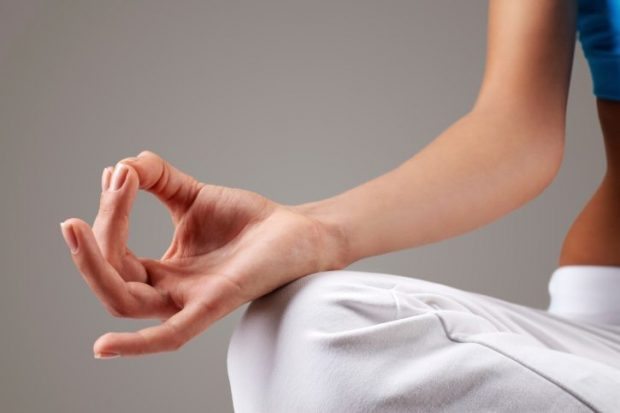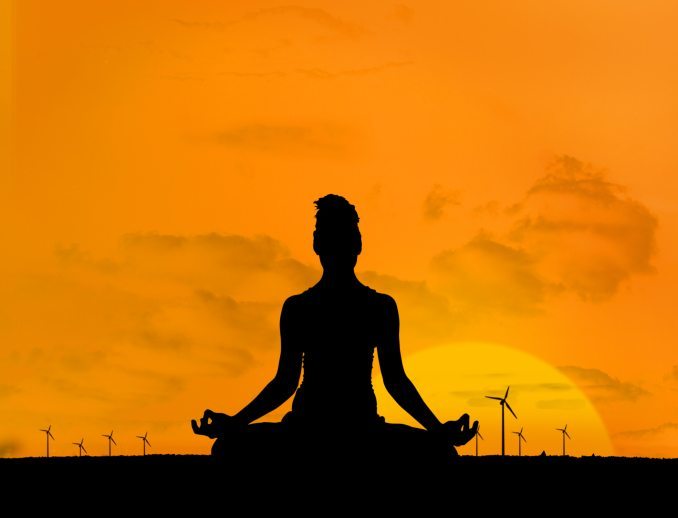
In this day and age, finding a second to breathe is tough. Running a fast-paced life has you running at full speed in different directions. This, for many, can lead to extreme stress and anxiety.
Hint: try meditation.
Meditation is a great way to relax your mind and body. Technically, meditation is a form of self-awareness. When meditating, one enters a state of consciousness between being awake and being asleep. Some may associate meditation with Buddhism, or other eastern religions, when it reality, meditation is quieting the mind and allowing the body to relax. Meditation takes years to fully grasp, but you don’t need to be a seasoned meditator to receive the benefits. According to WebMD, research has shown that meditation techniques resulted in decreased levels of anxiety, mood and symptoms of distress.
The benefits of meditation have been studied for decades. Many researchers have found that meditation may allow you to change how your brain processes certain information. This may create a sense of positivity or alternative way of thinking when applied to a busy schedule.
Setting aside 10 or 20 minutes a day may help to combat all the effects of stress in your life. By letting go and sitting in silence for that short amount of time allows your brain to be turned off and apart from the rest of the world.
Don’t know how to meditate? No problem.

First, find a quiet, relaxing environment, whether it’s outside in a park, in your bedroom, or anywhere you feel at peace. This is different for everyone. Turn off all electronics, such as phones, television and other distractions. Playing gentle music sometimes helps people when meditating. Make sure you sit on level ground, most of the time this is on the floor of your home, or outside on the grass. Sit in a comfortable position so you aren’t constantly urging to move. Allow your arms to fall loosely on your knees or by your side.
Next, close your eyes. Work on relaxing every muscle in your body. Consciously relax all parts of your body while keep your posture upright. This is where the meditation part comes in. Allow your attention to rest on the flow of your breath. Consciously breath in and out, while trying to clear your mind of everything. Don’t judge or dwell on your thoughts, but allow them to flow through without addressing them. For example, if you feel like you are getting a cold judging by how your breathing sounds, allow the thought to float on. This is the hardest part of meditation because we can’t control what pops into our mind.
The best piece of advice I’ve gotten from a meditation coach is to practice being an onlooker in your own mind. Acknowledge the thoughts that flow through, but don’t go out of your way to comment on them.
Tip: Visualize a place you feel most relaxed, whether it’s on a beach or mountain. Imagine the waves or trees moving through the wind until you stop judging your thoughts. By focusing on one place or thing that makes you relaxed, you will begin to enter a deeper state of self-awareness. Focusing on your breathing is important throughout the meditation process.
By applying meditation to other aspects of your life, you can clear your mind quicker when encountering anxiety or stressors. Meditation for a short time a day can help relieve anxiety over a long period of time.
Does meditation help you live stress-free?
I haven’t meditated before but I plan to try. I know when I get really frazzled I end up getting less done and inevitably being MORE stressed.
I just heard of a really cool app called Headspace that takes you through 10 minute guided meditations and I plan on using that to get started. Apparently it’s free for you first 10 days!
For me, meditation = taking a nap. Works like a charm most of the time! Usually if I am feeling stressed out, it’s just because I am really cranky and tired!